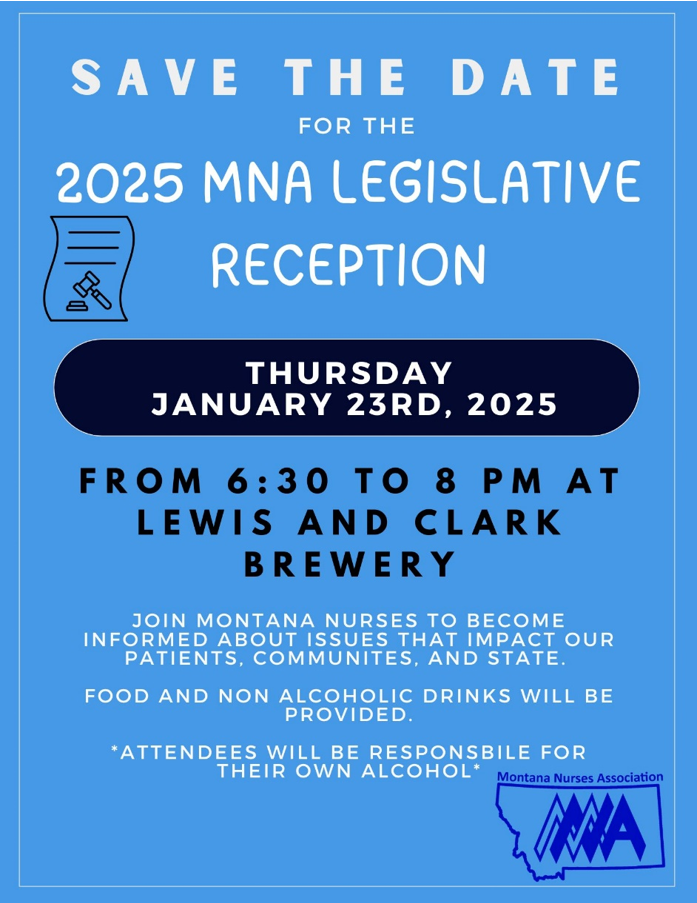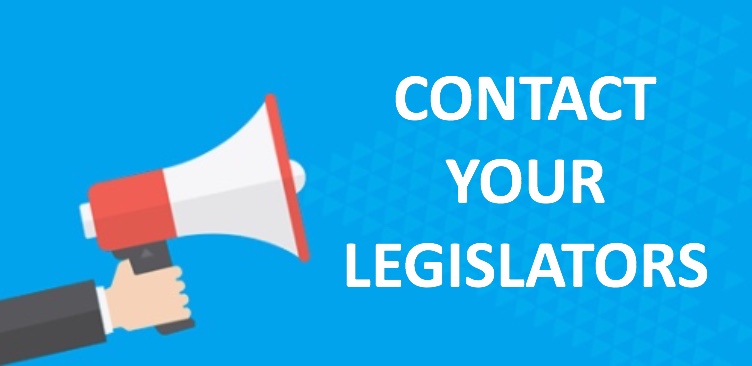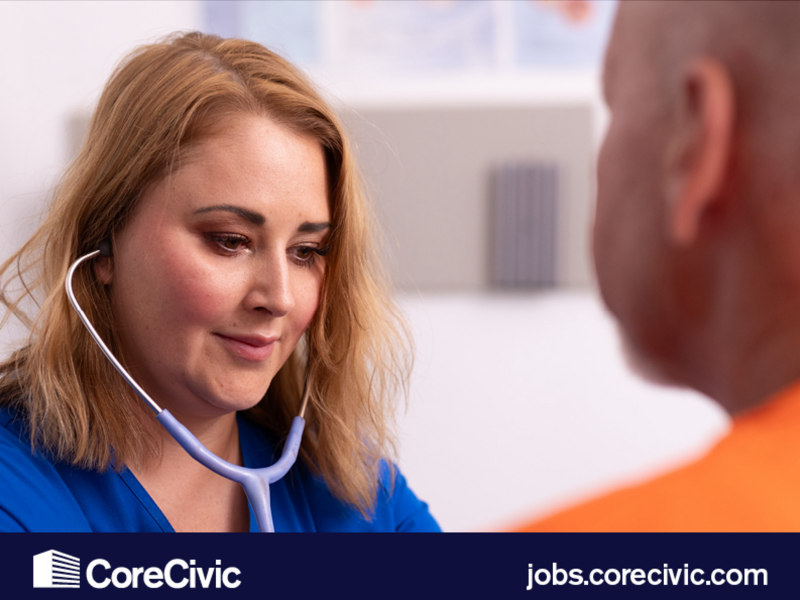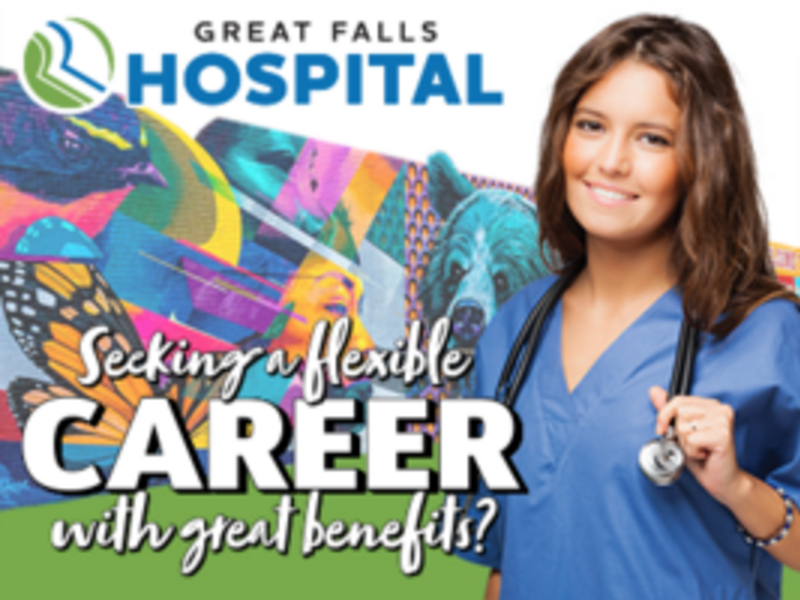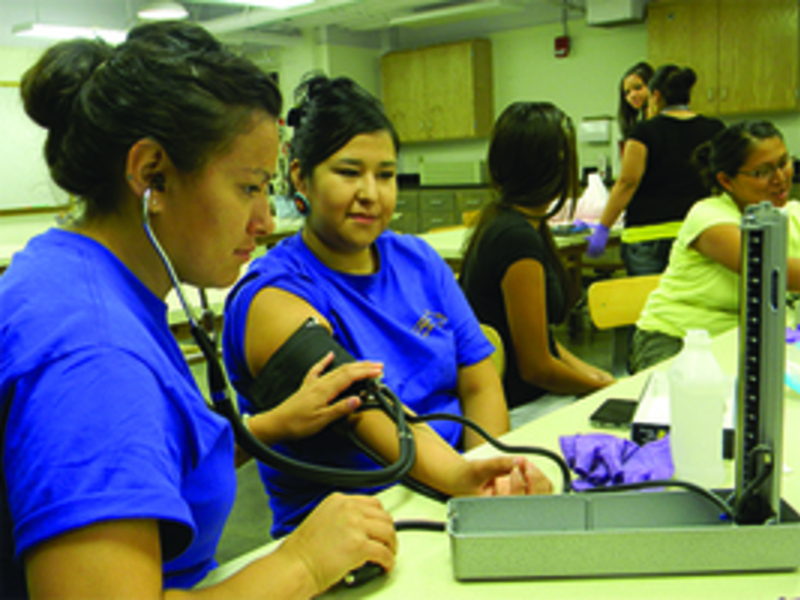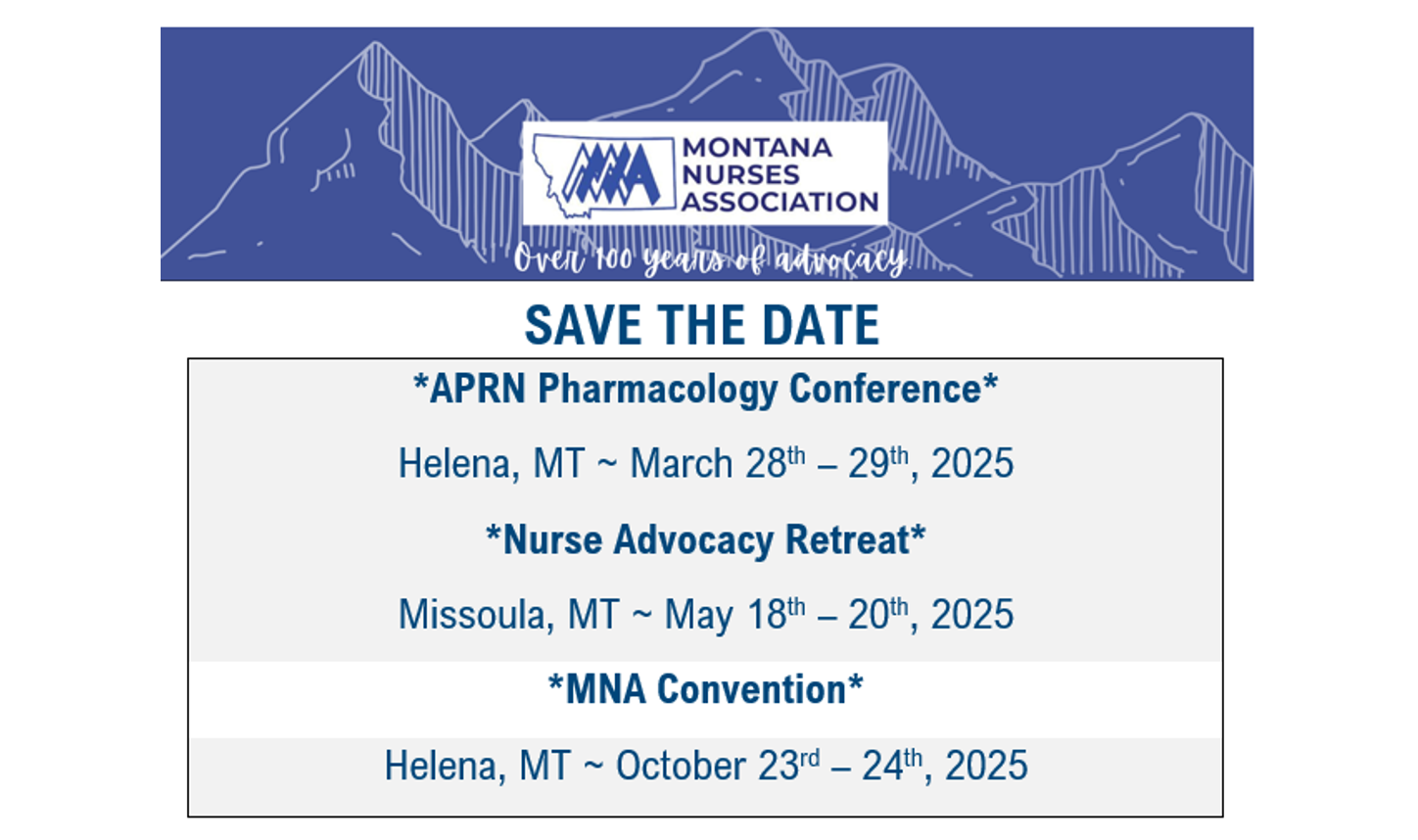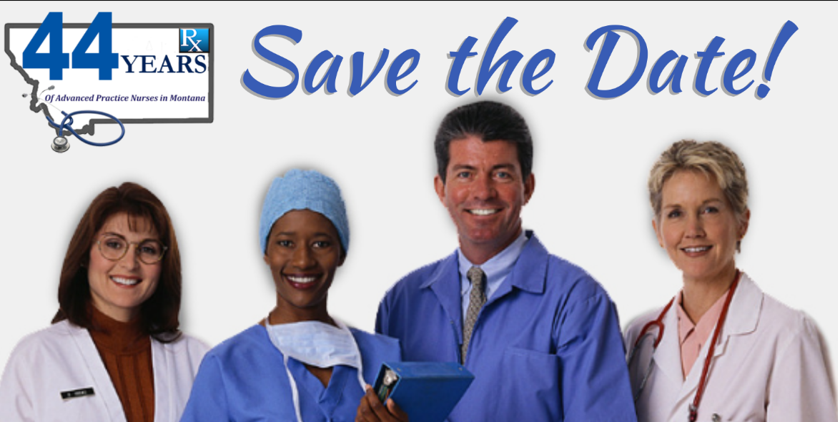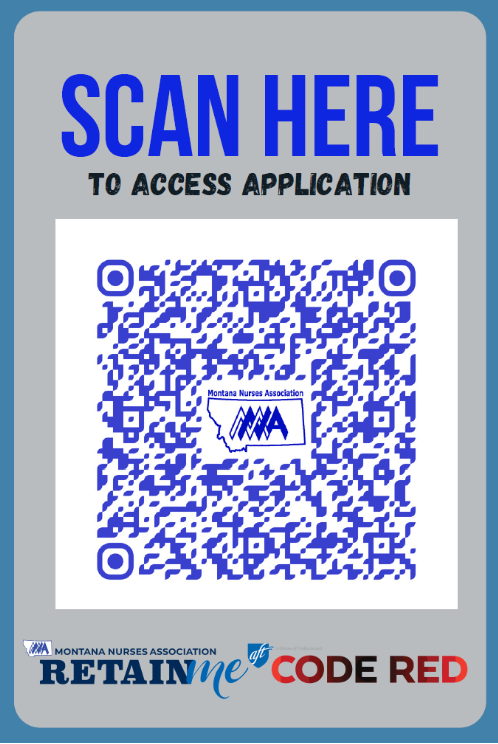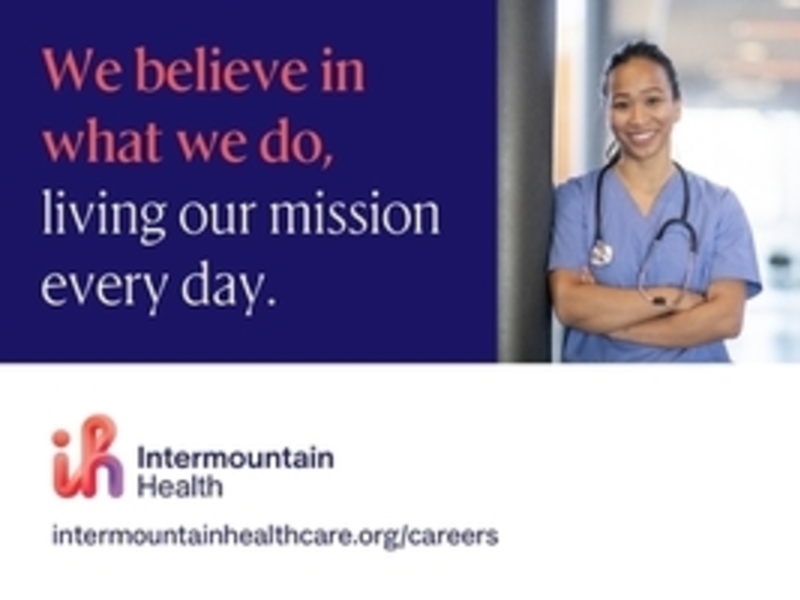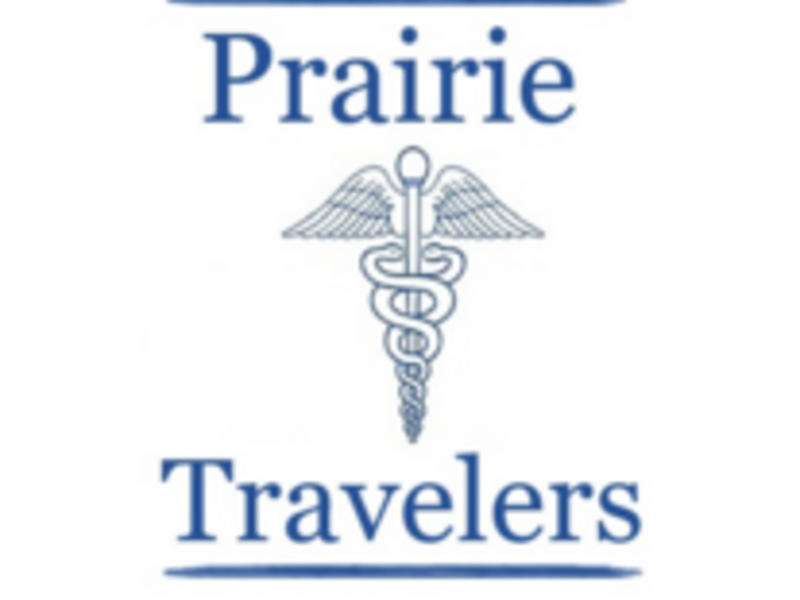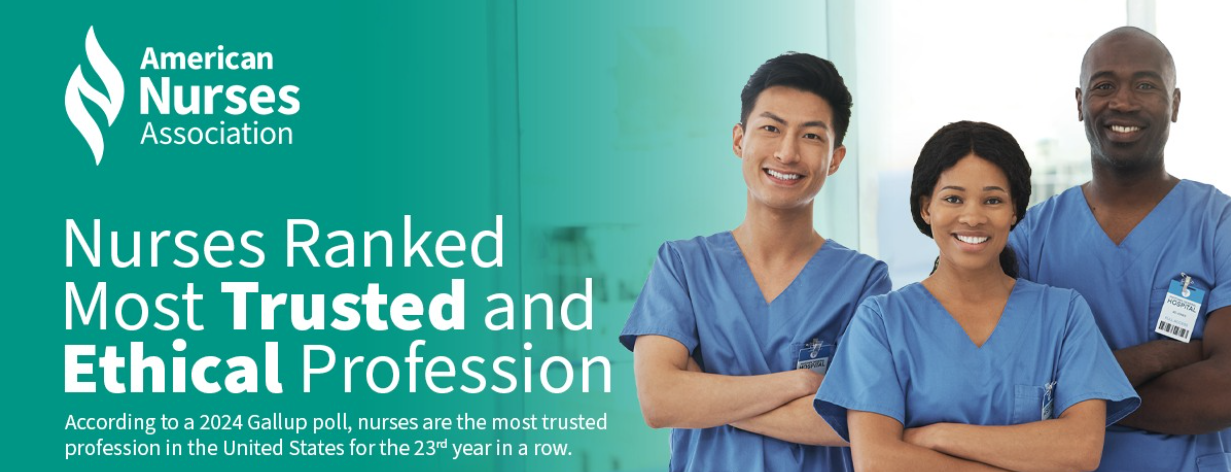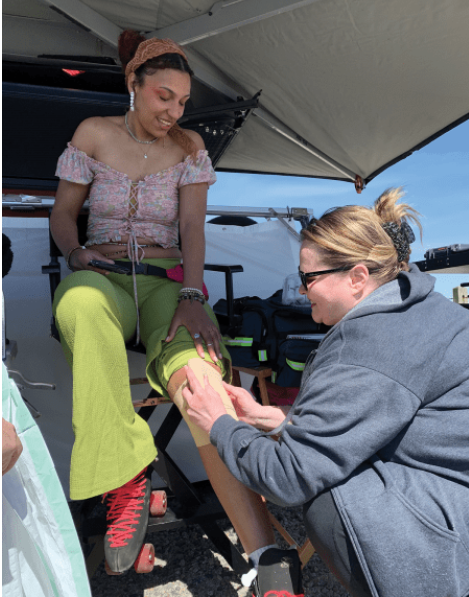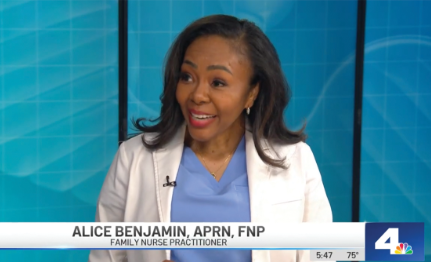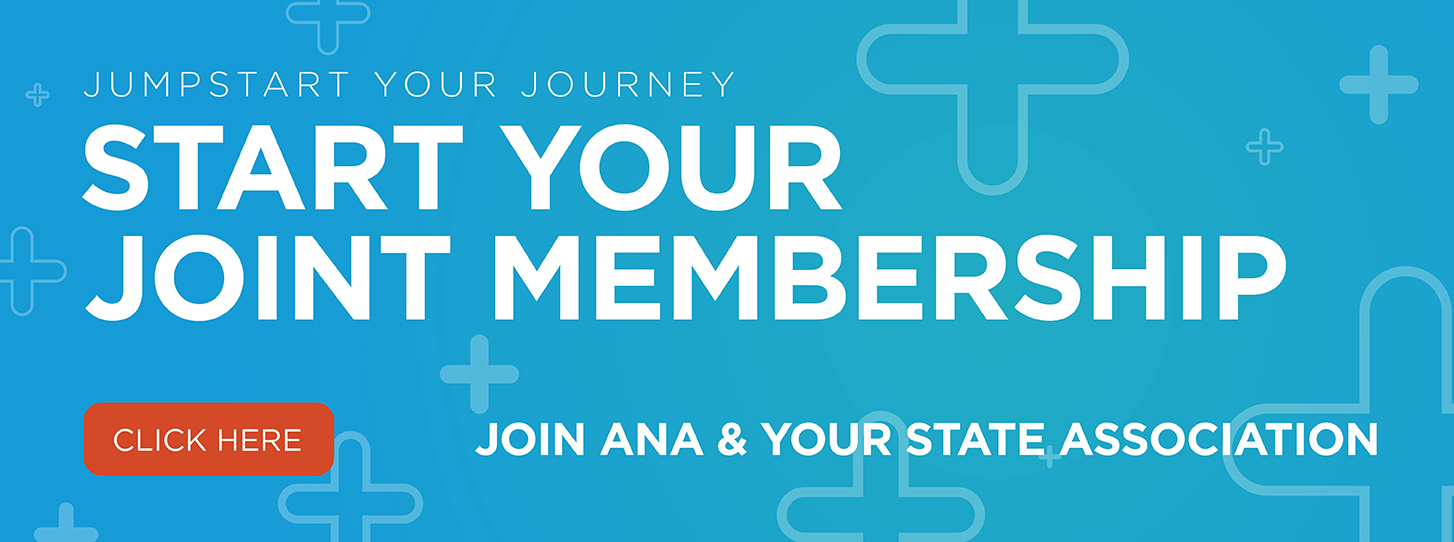Nurses have a lot to offer the world—and the world has a lot to offer them! In recognition of Nurses Week May 6-12, the American Nurses Association (ANA) spoke with members who have used their expertise to forge unique paths beyond the walls of a hospital or clinic. Their careers prove that nurses really are everywhere.
Set for success
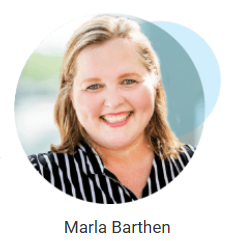
“My job is not glamourous,” said Marla Barthen, RN, a North Carolina Nurses Association member. “There are long days and lots of prep work. There are times I can work 5 to 7 days in a row, 10 to 16 hours a day. It’s just a grind.”
As an on-set medic for Wilmington, North Carolina’s thriving film industry, Barthen might be in a literal trench one day and a 1960s-era psychiatric hospital room the next.
“I’ve got to be agile,” Barthen said. “There’s so much going on—we could have flame throwers, grenades, peat moss flying into the air, not to mention stunts.” She likens her presence on set to that of a duck: calm on the surface but paddling like crazy underneath the water.
“I’m always thinking about what’s coming up next in a scene,” she said. “How are we set up? What could go wrong?” If she thinks something is unsafe, Barthen has the power to shut down the set. She also serves as an Occupational Safety and Health Administration trainer.
In addition, Barthen acts as a technical advisor. Her crews know not to film clinical scenes without her. A recent project, Showtime’s limited series George & Tammy, featured several hospital scenes. Barthen was very involved.
Although working with actors and enjoying on-set perks (like catered meals and snacks every day) is fun, Barthen said it’s still a job at the end of the day.
“You’re using port-a-potties, you’re outside in all kinds of weather, and it’s close quarters. Everybody gets dirty and sweaty together,” she said. “But the biggest difference between working on set and working in a hospital is that on set, I always get a bathroom break!”
Empowering patients, boosting nurses
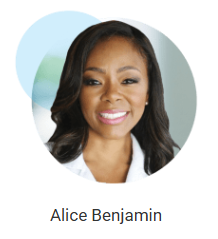
Alice Benjamin, MSN, FNP-C, ACNS-BC, CCRN, CEN, CV-BC, was working at a health fair as a volunteer with the American Heart Association (AHA). The objective was to bring attendees to the booth for blood pressure screenings.
“No one was interested,” Benjamin recalled, “so I got out from behind the booth and started being very animated and using my voice to get peoples’ attention. And it worked!”
That’s when Benjamin realized that she could use her natural charisma to do what was most important to her: increase health literacy.
“My dad died of a massive heart attack. Because of that, I decided to do two things: be the best cardiac nurse in the world and educate everyone about heart disease.”
“My aim was, and still is, to meet people where they are,” she said. “I do that by crafting my message for specific audiences. People who read Forbes, for example, need to understand what happens when they ignore their heart health. Why shouldn’t a nurse write that piece?”
Benjamin’s poise and command of the media are no accident. She honed her skills by taking journalism courses, finding mentors in the field, networking with journalists and show producers, and never missing an opportunity to contribute. One learning experience was answering calls for Fox satellite radio.
“For 2 hours every Friday morning for about a year and a half, I sat by my phone, and every time it rang, I was patched into a different radio station,” she said. Benjamin would discuss important trending health topics and translate new health studies with show hosts and answer questions on air from callers based on what she felt consumers should know.
In 2017, she began providing media training for nurses and other healthcare professionals, who she believes should seize opportunities to be in front of and behind the camera to provide accurate health information and diverse representation (themediarx.com).
“We have the expertise and knowledge to share, but you’ve got to have media acumen to get the messaging right,” Benjamin said. “That’s the missing piece I provide.”
Flying solo
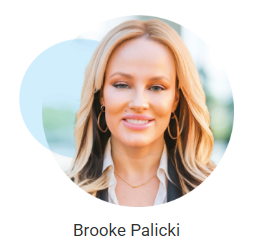
Sometimes, when opportunity knocks, you’ve got to fling the door wide open.
During her stint with a community healthcare provider, Brooke Palicki, MSN, RN, PMHNP, dreamed about going into solo practice. Bureaucracy and a high caseload kept her from practicing the way she wanted, she said.
So, when her agency contract was up, she decided to take a chance. It was now or never—but it was scary, too. “I didn’t know where to start,” said Palicki. She reconnected with a former student who had just started her own practice. “She gave me the framework to begin. I’m early in the process. It’s nerve-wracking but so cool at the same time.”
The advancements in telehealth that were fast-tracked during the COVID-19 crisis have opened new ways of delivering care. “That’s made it easier for nurse practitioners to start their own businesses,” said Palicki, an ANA-Ohio member. “I’m working with a company that’s guiding me. It’s been easier than I thought!”
There are roadblocks, though. Because licensing laws are different in every state, Palicki had to choose which states to practice in, even though she’s a telehealth provider. “It’s complicated,” she said, “and disheartening. Access to care is supposed to be a priority for the healthcare system, but there are so many limitations on providers—especially APRNs.”
Despite that, Palicki looks forward to having more control over her time and her care delivery. “I will be able to practice the way I want, supervise the care I went to school for, be patient-focused, and give individualized psychiatric treatment.”
That passion for patient care is the same reason she became an APRN. She completed her RN in 2010, however, she swore she’d never go back to school.
But in 2018, a close friend died from a heroin overdose. Palicki was left searching for a way to cope with the loss.
“I wanted to honor her,” said Palicki. She knew that as an APRN, she’d have a stronger say in patient care, and would be able to use her psychiatric nursing expertise to touch more people. “I hunkered down and re-enrolled,” she said.
It’s been a journey from that moment to the big leap Palicki is taking now, but she’s ready for it.
“I’m grateful for the experience I gained while I was with the community provider,” she said. “I wouldn’t be where I am without it. It prepared me well to go out on my own.”
Translating from paperwork to people
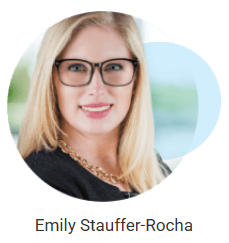
“My brain is wired to think like a nurse, and my MBA allowed me to bring that thinking into a different field,” said Emily Stauffer Rocha, MSN, MBA, RN, NE-BC, CHCQM, director of clinical innovation at Texas Health and Human Services Commission (HHSC). In this role, she leads projects and advises within the agency aimed at improving care for Medicaid beneficiaries in Texas.
“The majority of people whom I work with have degrees in public health,” said Rocha. “They aren’t clinicians, so when they’re evaluating medications, durable medical equipment, and plans of care, it may be like a foreign language to them.”
Rocha and her team translate that clinical language into policy, determining needs for Medicaid recipients and bringing in specialty clinicians when necessary. In addition to advising the chief medical director, Rocha also offers guidance on other projects.
When she began at HHSC, her position was senior nurse policy advisor. Rocha said she used her nursing leadership skills to grow the role into what became a mix of clinical advisor, quality improvement specialist, and project manager.
“When I worked in hospitals, I knew the ANCC Magnet Recognition Program® inside out,” said Rocha, who also was familiar with federal and state regulations and quality improvement methods like Six Sigma and Lean Continuous Improvement.
The biggest part of her job now is leading learning collaboratives and advisory groups for interagency projects.
“We partner with managed care organizations, other healthcare agencies, and quality improvement organizations. Typically, they’re looking to track a specific metric in a timebound project. That’s where my hospital experience comes in,” Rocha said. “Project management, gathering and assessing data, changing an intervention based on what your data is saying—I apply all of those things here.”
Rocha, who serves as chair of the ANA Individual Member Division, said that although she doesn’t get the immediate feedback that she did as a bedside nurse, she knows her work makes an impact.
“Texas has the third largest Medicaid program in the U.S., and I know that the policies, programs, and processes that are changed here trickle down to our managed care organizations, which then push things out to providers. That can change the way care is delivered to better meet the needs of our beneficiaries.”
Rocha encourages nurses who are interested in working in nontraditional environments to consider graduate degrees outside of nursing.
“Explore getting an MBA or a master’s in public health and learn a different skill set,” she said. “Nurses are underrepresented in every industry. There are lots of opportunities out there.”
